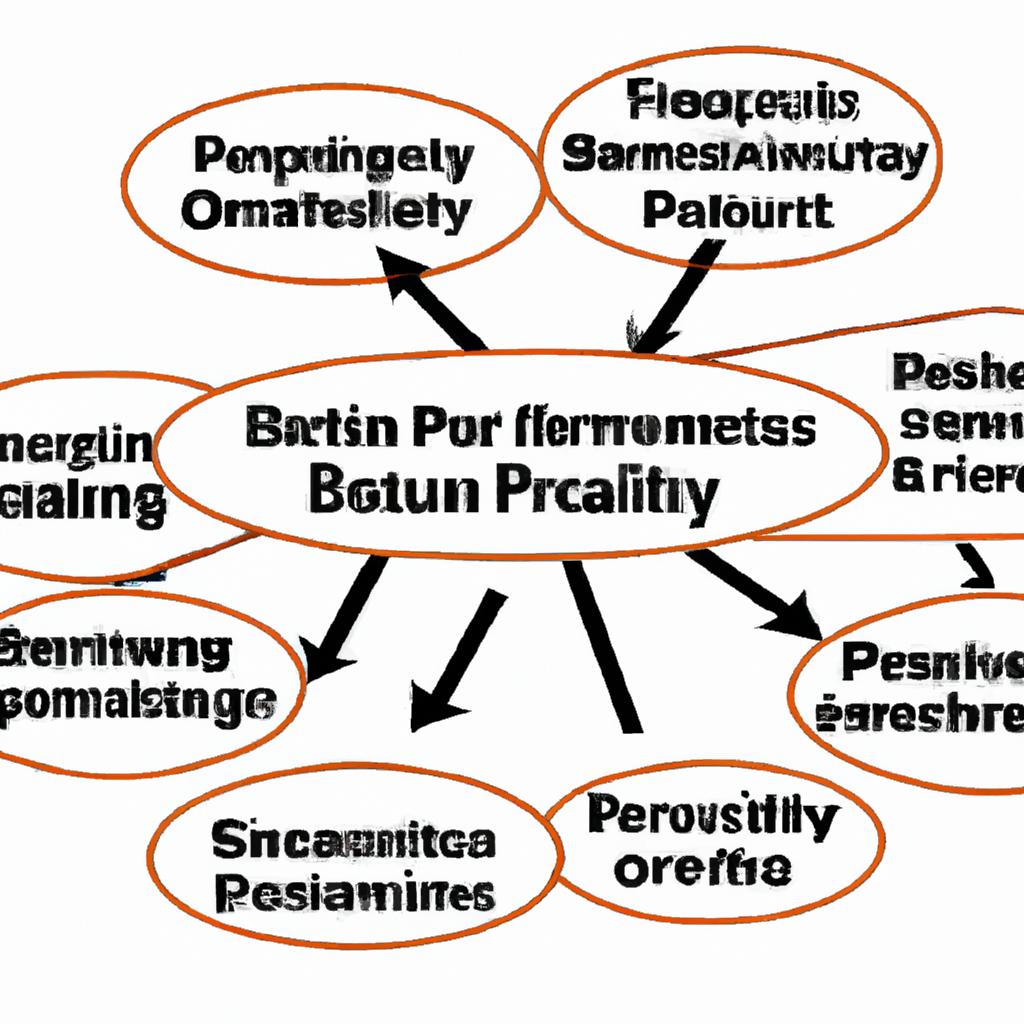In the realm of property law, the concept of ownership in severalty reigns supreme as a cornerstone of individual property rights. Defined as the exclusive ownership of real or personal property by one individual, the principle of property in severalty bestows upon its possessor a singular and undivided control over their assets. As stalwart practitioners of estate planning, our team at the esteemed Morgan Legal Group in New York City navigates the intricacies of this nuanced legal framework with finesse and mastery. Join us as we delve into the depths of property in severalty, unraveling its implications and significance in the realm of property law.
Understanding the Concept of Property in Severalty
When an individual owns property in severalty, they have sole ownership of the property without any co-owners or joint tenants. This means that they have full control over the property and can make decisions regarding its use, transfer, and disposal without the consent of others. Property in severalty is commonly seen in the context of real estate, where an individual owns a piece of land or a building without any shared ownership with others.
It is important to understand the concept of property in severalty, as it can have implications for estate planning and property rights. When drafting a Will or setting up a trust, individuals must clearly outline their intentions regarding their property in severalty to ensure that their wishes are carried out upon their passing. Additionally, knowing the rights and responsibilities associated with owning property in severalty can help individuals make informed decisions about their assets and how they are managed.

Key Characteristics of Property Held in Severalty
Ownership: Property held in severalty means that the property is owned by one individual or entity solely, without any co-owners or joint tenants.
Control: The owner of property in severalty has complete control over the property, including the ability to sell, lease, or transfer the property without the consent of any other parties.
Liability: The owner of property in severalty is solely responsible for any debts, liabilities, or obligations associated with the property.
Probate: Upon the death of the owner of property held in severalty, the property will typically go through the probate process before being transferred to the owner’s heirs or beneficiaries.

Benefits and Challenges of Owning Property in Severalty
When it comes to owning property in severalty, there are both benefits and challenges to consider. One of the main benefits of owning property in severalty is the ability to have sole ownership and control over the property. This can provide a sense of independence and autonomy in decision-making regarding the property. Additionally, owning property in severalty can make it easier to transfer ownership through a Will or trust, as there are no co-owners to consult or involve in the process.
However, there are also challenges that come with owning property in severalty. One challenge is the financial responsibility that comes with sole ownership, such as property taxes, maintenance costs, and insurance. Additionally, owning property in severalty may limit the ability to share the financial burden with co-owners, which can be a disadvantage in some situations. It is important for individuals considering owning property in severalty to carefully weigh the benefits and challenges before making a decision.

Recommendations for Maximizing the Potential of Property in Severalty
Our are based on years of experience in estate planning and property management. First and foremost, it is essential to conduct a thorough assessment of the property to determine its current condition, market value, and potential for improvement. This can be done through professional appraisals, inspections, and market analysis.
Once the property’s value and potential are established, our next recommendation is to create a comprehensive management plan that outlines clear goals, timelines, and strategies for maximizing returns. This plan should include provisions for regular maintenance, renovations, marketing efforts, and potential exit strategies. By proactively managing the property in severalty with a clear plan in place, property owners can ensure long-term success and profitability.
Q&A
Q: What is “property in severalty”?
A: “Property in severalty” refers to a type of ownership in which an individual holds sole ownership of a property, without any co-owners or joint owners.
Q: How does property in severalty differ from other forms of property ownership?
A: Property in severalty differs from joint ownership or co-ownership in that there is only one owner who has full control and decision-making power over the property.
Q: What are some advantages of owning property in severalty?
A: Some advantages of owning property in severalty include the ability to make decisions independently, avoid conflicts with co-owners, and have total control over the property.
Q: Are there any disadvantages to owning property in severalty?
A: One disadvantage of owning property in severalty is that the sole owner bears all the responsibilities and costs associated with the property, without the potential support or input of co-owners.
Q: Can property in severalty be converted into joint ownership in the future?
A: Yes, property in severalty can be converted into joint ownership if the owner chooses to sell or transfer a portion of the property to another individual or entity.
Q: Is property in severalty a common form of ownership?
A: Property in severalty is less common than joint ownership or co-ownership, but it is still a valid and legally recognized form of property ownership in many jurisdictions.
Q: Are there any legal implications or considerations to be aware of when owning property in severalty?
A: It is important for individuals who own property in severalty to be aware of their legal rights and responsibilities, including tax implications, estate planning considerations, and any relevant laws governing property ownership.
Final Thoughts
In conclusion, property in severalty offers individuals the opportunity to completely own and control their own piece of land or real estate. While this form of ownership may come with certain benefits such as autonomy and flexibility, it also carries its own set of responsibilities and potential drawbacks. Ultimately, the decision to hold property in severalty is a personal one that should be carefully considered based on individual circumstances and goals. Whatever form of property ownership you choose, ensuring that it aligns with your values and priorities will ultimately lead to a more fulfilling and successful real estate experience.

